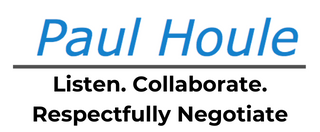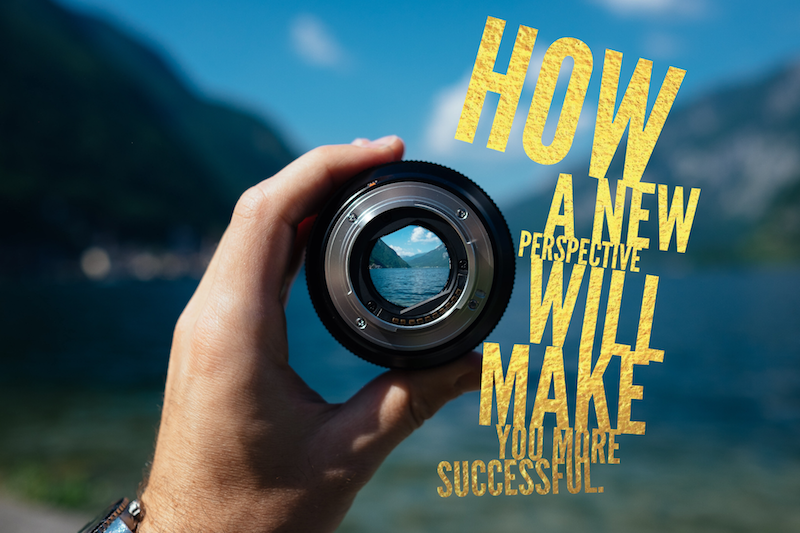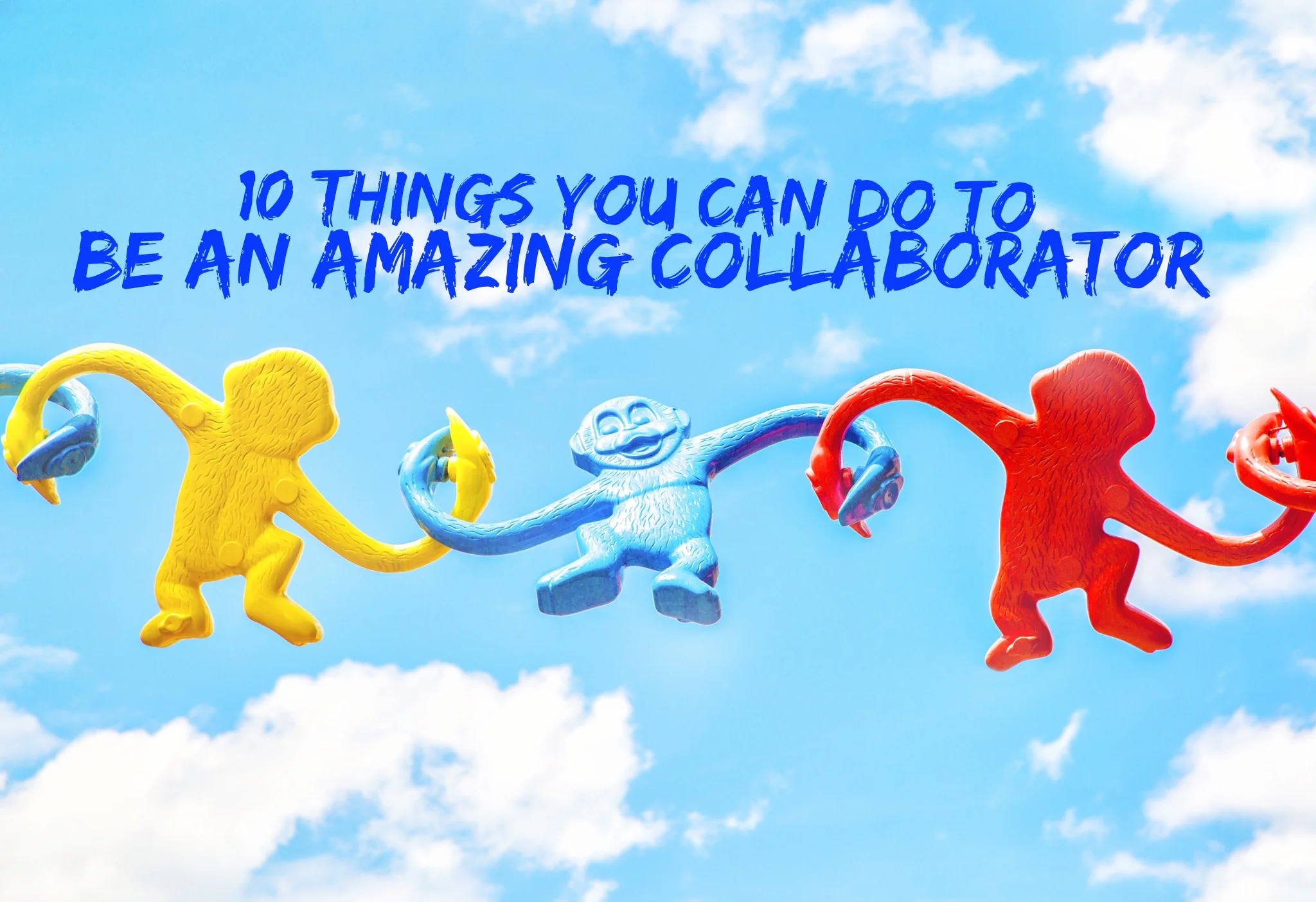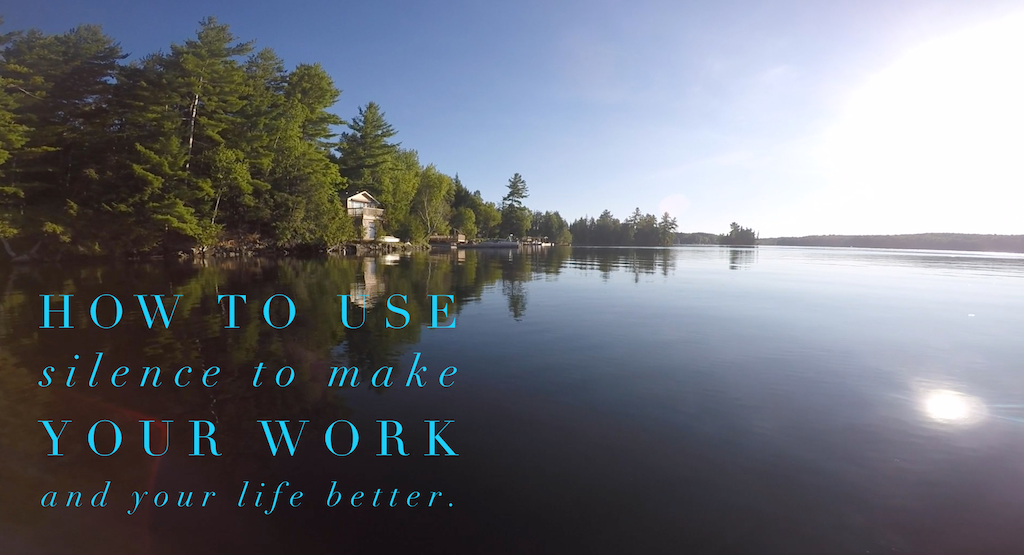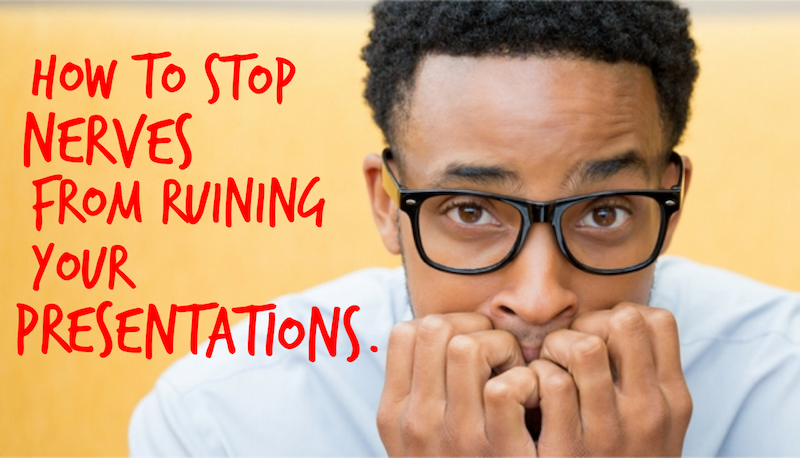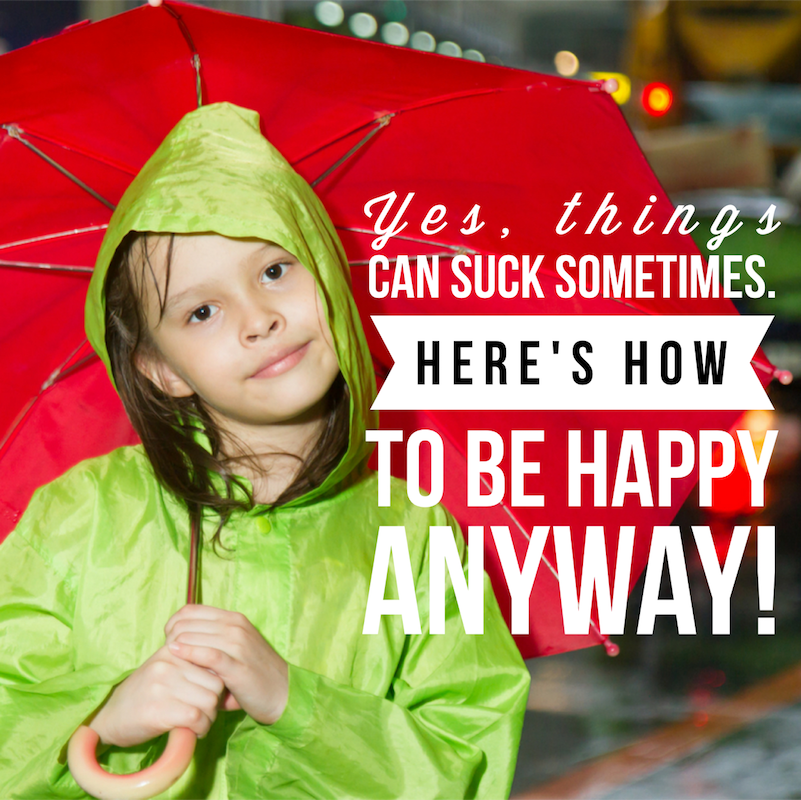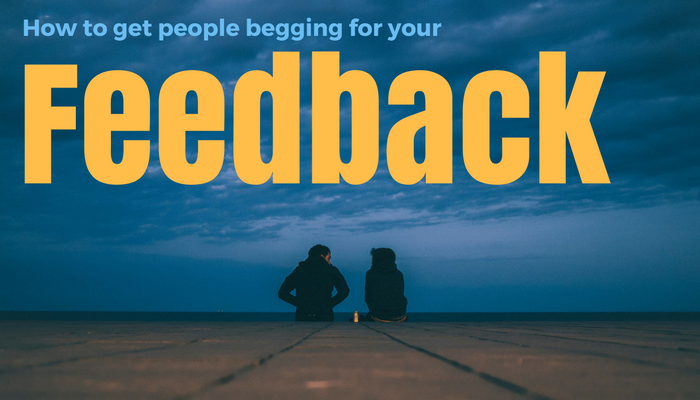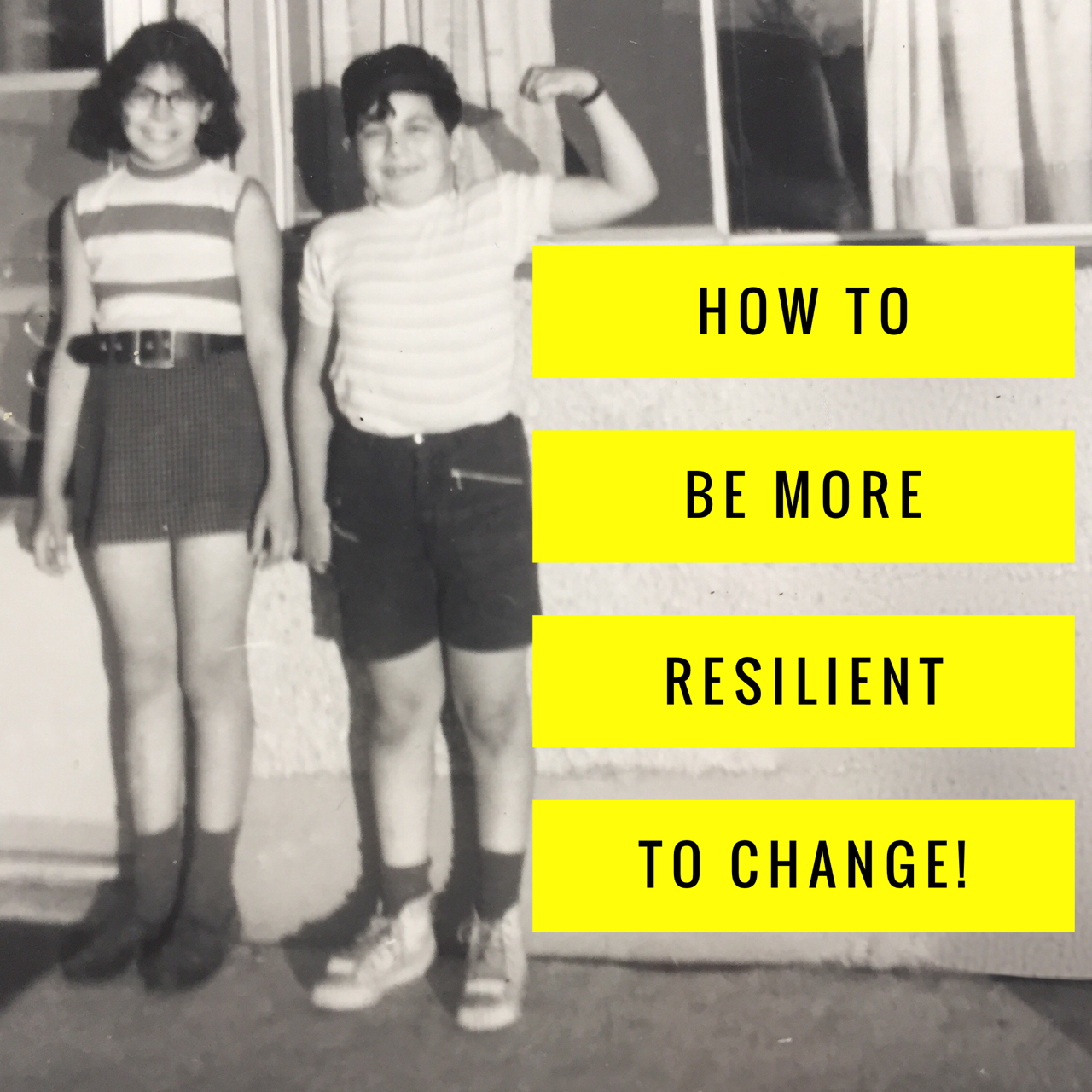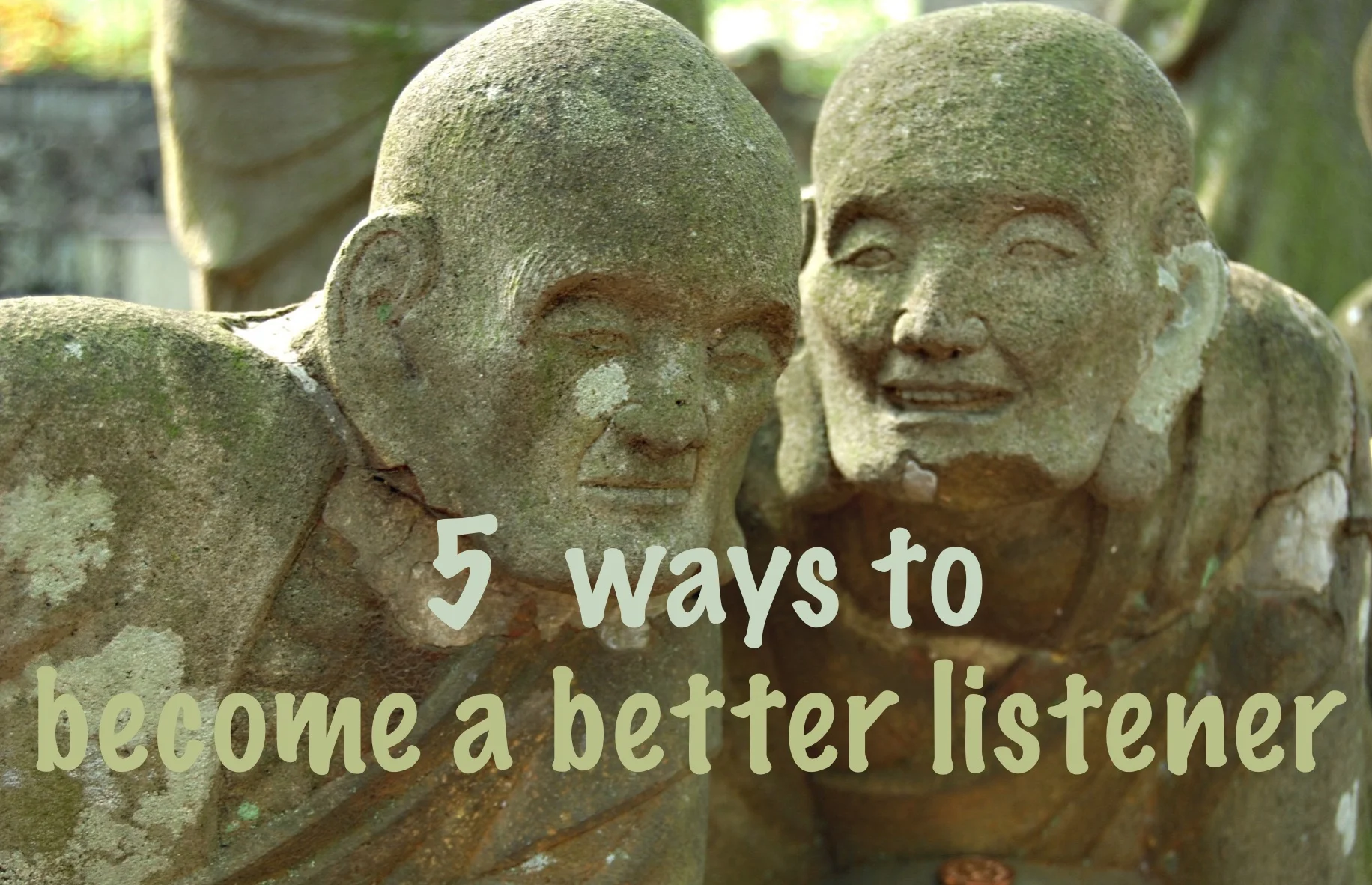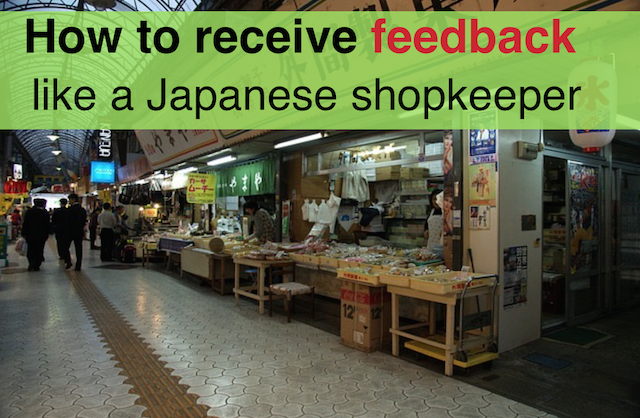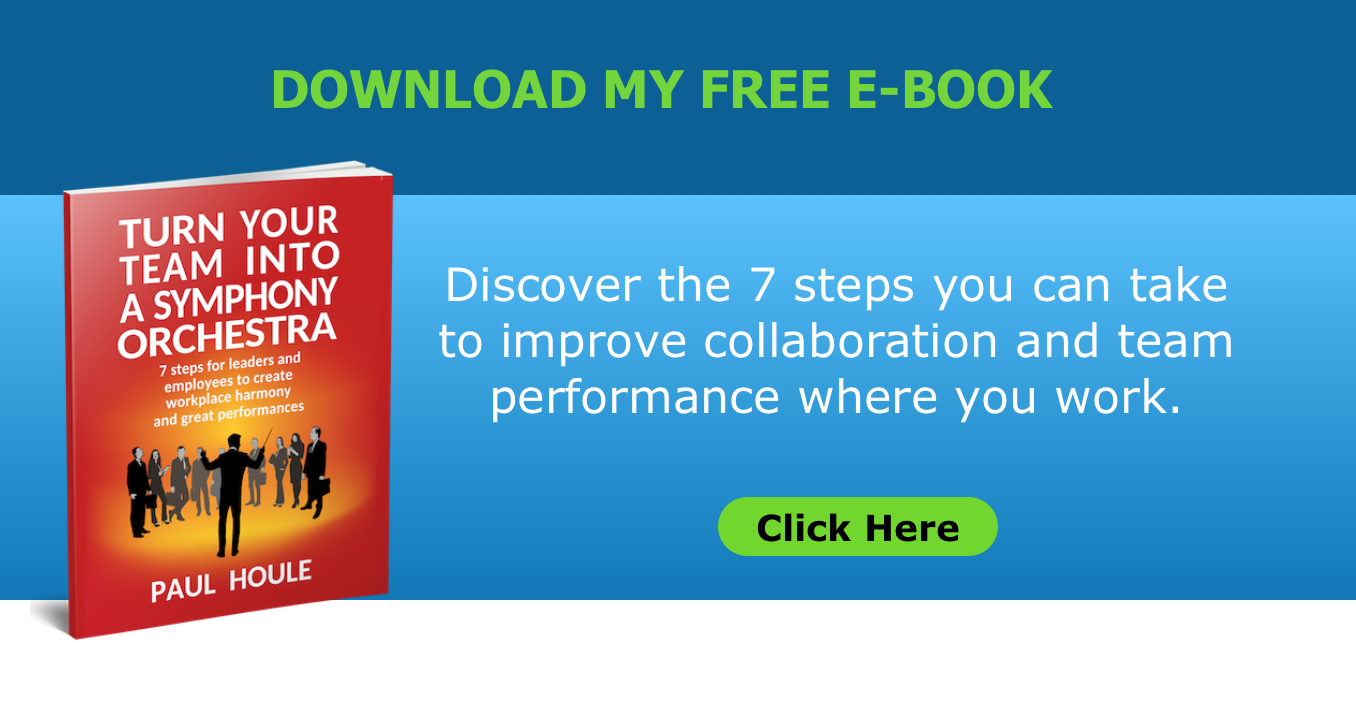10 things you can do to be an amazing collaborator
Warning! I am going to start this post by talking about my kids and their friends.
I know that there is nothing more boring that having someone prattle on about their kids. So I'll be brief.
It’s because kids can teach us about collaboration, the collaboration we all once knew (even you, without the kids).
It struck me that kids (yours, mine and that other guy's) seem to be pretty good at making it happen.
I've been listening to them talk… it’s one idea after another. They can’t wait to get together.
I’ve watched them build something out of spare bits that they find lying around. Or they create some new video with their technology, which is never too far away.
They all seem to know what to do and when. Sometimes, it doesn’t even look like they're collaborating, it’s so seamless.
Sometimes it looks like an argument. There’s one voice trying to get on top of another to share the best idea.
Sometimes one leads, then another. There is a lot of trust - a lot of inclusion.
But no ever walks away upset. Somehow, it all works out. As a matter of fact, this can go on for hours, even days. It depends what it is, I guess. I wasn’t invited to the meeting.
It got me thinking about what it takes (in our grown-up world) to be a great collaborator. And here's what I’ve come up with.
How to use silence to make your work and your life better
I’m fortunate to be able to spend a little time at a cottage during the summer. One of my favourite things to do is to get up just before sunrise and take the canoe out for a slow paddle.
As the sun creeps upward, it’s a time of awe-inspiring silence.
The water is like glass. Only the bow of the canoe and my paddle cut through its smooth shiny surface.
It’s not really silent though. You can hear some birds singing and the odd fish jumping out of water, but it’s as close to silence as I can get without finding a anechoic chamber somewhere.
I know that, very soon, the silence will be overcome by fishing boat motors or the splashes of an early morning swimmer, or worse, by jet skis and skill saws.
I’ll often head over to an old beaver dam and just sit there in the canoe. I’ll let my ears search the forest and water for a chirp, rustle or splash. I hope for a chance encounter with a beaver perhaps. But my paddling has probably tipped them off long before I arrive so that’s never happened.
This is a place where I remind myself how to listen.
And that’s important. Because without an appreciation for silence, we can’t really listen to what others have to say.
How To Stop Nerves From Ruining Your Presentations
I have been making my living on stage for a long time, first as a musician and now as a speaker. I am pretty comfortable up on stage. But there was a time when my nerves ruled my life, a time when I was so scared to get up on stage that I would spend hours awake at night worrying about it.
Funny thing is, I didn’t start out that way. I didn’t have those nerves until I got into university. Before that, I was a loud-mouthed kid who loved telling jokes, and getting up on stage at a moment’s notice. I was always hungry for the spotlight.
If you’re scared to speak in public, I bet there was a time when you weren’t. Maybe you were a carefree kid and then something happened to make you self-conscious about speaking in public.
That’s what happened to me, and then I figured out how to overcome it.
Yes, things can suck sometimes. How to be happy anyway!
One day, I was taking a train. I got on at one of those little milk run stops between two cities. It was one of those little stops where you bought your ticket at the station before you boarded.
Once on the train, after a few minutes, I could hear a man coming up the aisle, calling out “Tickets please, tickets.”
He was an older gentleman with white hair and a pleasant demeanour. He, of course, looked very official in his deep blue and red suit and conductor’s cap.
By the look of him, you could imagine that he had done that walk up the train aisles hundreds, if not thousands, of times.
When he got to me, he asked me how I was. “Fine, thank you,” I said, a rather standard response that doesn’t really tell anyone how you are.
I said, “How are YOU doing today? He answered”, Oh, I have my moments.”
I’m not sure why this rather unusual response has stuck with me all these years. But I remember thinking at the time, “What a great response”.
It seemed to say that there were some occasional highlights in his day and that was good enough for him.
He seemed happy and content.
How to get people begging for your feedback!
I once made someone cry because of the feedback I gave them.
I didn't mean to, of course. But it happened.
I spent many years pursuing my dream of becoming a professional percussionist, wanting to play in an orchestra or any ensemble, for that matter, that would pay me to hit a drum. And while there was a bit of a transition period between being the student and becoming a pro, one day I was there. I, dressed in my second-hand tuxedo, was being hired and making a living (albeit meagre) as a freelance player in the big smoke.
Shortly after that, I found myself no longer the student but the teacher when I applied for and got hired by the Royal Conservatory of Music as a percussion instructor.
And while my playing resume was not too shabby by then, my teaching experience was limited and no one had ever talked to me about how to give good feedback to my students.
All I had was what I had experienced myself, the way I had been taught, the good and the bad.
I left the Conservatory a few years ago after having given feedback in over 15,000 private lessons and in some 2000 rehearsals.
While I did make someone cry once (ok maybe twice), I did figure out a few things about getting people to really want the feedback you have to offer.
How to be more resilient to change!
If you were like me, as a kid, you faced change head on and did so pretty often.
Every year, you’d get a new teacher, were put in a new class or sent to various lessons, played on new sports teams. In summer, you’d go to camps with new kids and group leaders.
I don’t know about you, but I don’t ever remember being asked, “Hey Paul, would you like to do this or that?” I just remember ending up in a lot of new situations. It just happened and I had to deal.
We may not have realized it but, as kids, change was around every corner and yes, sometimes it was scary. But you know what? We dealt and I don’t ever remember complaining about “change”.
We had resilience.
So now that we’re all grown up, where did our resilience go, and more importantly – how can we get it back?
5 ways to become a better listener
When I first started on my path to becoming a professional musician I didn’t realize that being able to listen well was going to be my survival skill.
I didn’t realize that it didn’t matter how many notes I could play on whichever instrument.
I didn’t realize that I could make or break a rehearsal or performance by how much I used my listening skills, thereby lengthening or shortening my career.
Fortunately for me, I learned to listen and listen well. And when I really think of it now, over the years, I have listened more than I have played, and that’s a good thing. I'll repeat that - I have listened more than I have played. Many thanks to my teachers and colleagues for telling me ( No, yelling at me) to "LISTEN!".
How about you? How many times have you thought about saying it to a colleague or employee: “I wish you would just listen more?”
5 ways to make someone feel like part of the team.
I’m curious. Do you have a story about your first day at work at a new job? Your first week? Are you like me in that it’s been a while since you were a newbie on a job? From what I remember, I walked around, kept my mouth shut, kept my head down and tried my best to get a handle on things. Some people were friendly and some, not so much.
In the 12 months to May of this year, employment increased by 109,000 or 0.6%, the result of gains in full-time work. That’s a lot of new faces walking around new workplaces.
There are some great things going on like workplace mentors and buddy systems. I even came across a piece of software that busts through the silos by helping new hires connect with people in other parts of the company who might be from the same school or share the same hobbies or interests called Parklet. Pretty cool.
Certainly, all that helps, but have you ever thought about what part you could welcoming people to your organization? You should because you could have a greater impact than you think.
How to receive feedback like a Japanese shopkeeper
Developing a positive attitude around honest feedback of any kind is a difficult thing to do. If we are the ones on the receiving end and if the feedback is poorly delivered (see blog on giving good feedback), it can be like a punch in the stomach, knocking the wind out of us. In some cases it can cause us to lose sleep at night. It can even make us question if we are working in the right organization. But good honest feedback is one of the most valuable tools for you and your organization.
As a matter of fact, a 2010 study by the Corporate Executive Board, as cited in a recent article from the New Talent Times, found that companies which encouraged honest feedback among their staff, and that were rated highly in the area of open communication, delivered a 10-year total shareholder return that was 270 percent more than other companies—7.9 percent compared to 2.1 percent.
As a musician I have a lot of experience both giving and receiving feedback (it is a constant in that world) but my whole perspective was changed a few years ago by an experience I’d like to share with you.
